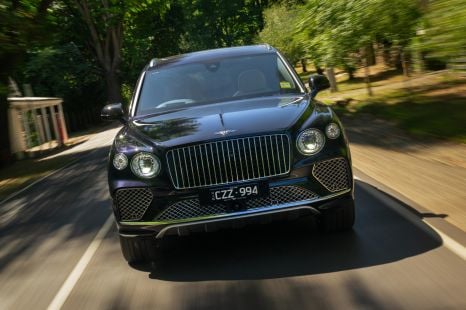

Josh Nevett
2025 Bentley Bentayga review
4 Days Ago
The Federal Government must get a wriggle on with its CO2 policies, demands Volkswagen Group Australia, the EV Council, and the FCAI.

Senior Contributor
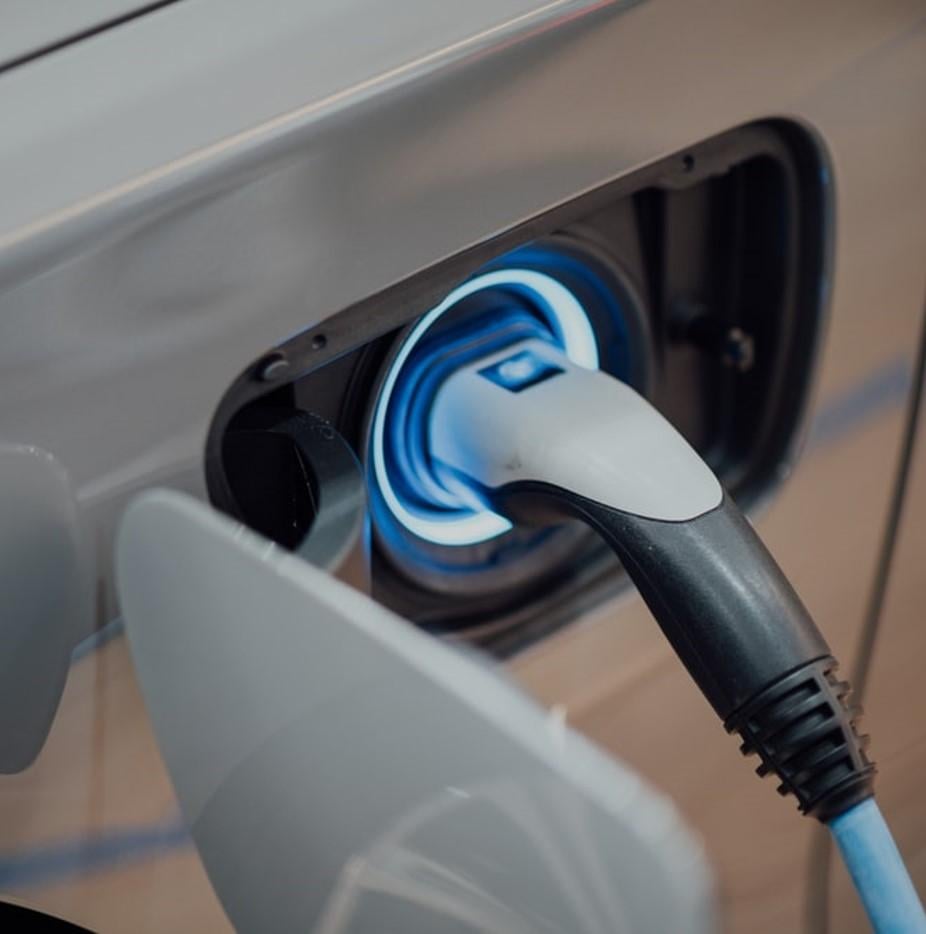

Senior Contributor
The Electric Vehicle Council and Volkswagen Australia have both demanded the Federal Government introduce national zero-emissions vehicle policies – in lieu of a patchwork of state-based incentives rolling out in the vacuum.
The coordinated statements (intentionally so or not) echo the views of Australia’s Federal Chamber of Automotive Industries, which has made similar statements in the past in the context of general funding reform. The FCAI is the national peak body for the car brands.
MORE: Australia-wide EV policy needed to avoid ‘chaos’, says FCAI
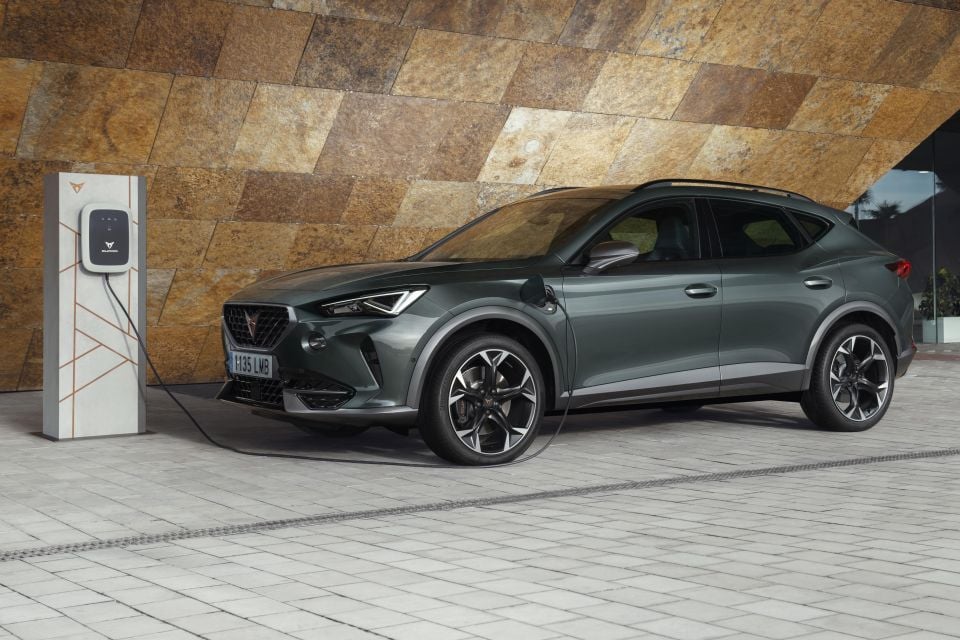
Over the past 12 months we have seen significant movement across various States and Territories, which are rolling out EV rebates and waiving taxes such as stamp duty on zero-emissions vehicles (ZEV) to encourage their take-up. On the other hand, Victoria is also charging a road-user tax on ZEVs and plug-in hybrids (PHEV) in place of fuel excise.
Volkswagen Group Australia managing director Michael Bartsch, who also oversees Skoda and Cupra, contrasted New South Wales’ “world class” EV policy with Victoria’s “world’s worst” scheme. These “two states of play” are not tenable, Volkswagen Group Australia claims, and will disadvantage customers.
“Electric Vehicles and Plug-In Hybrid Electric Vehicles will eventually come to comprise the great majority of passenger vehicles on sale,” Mr Bartsch said. “Yet we as a national sales company are confronted by polar opposite approaches in Australia’s two biggest markets.
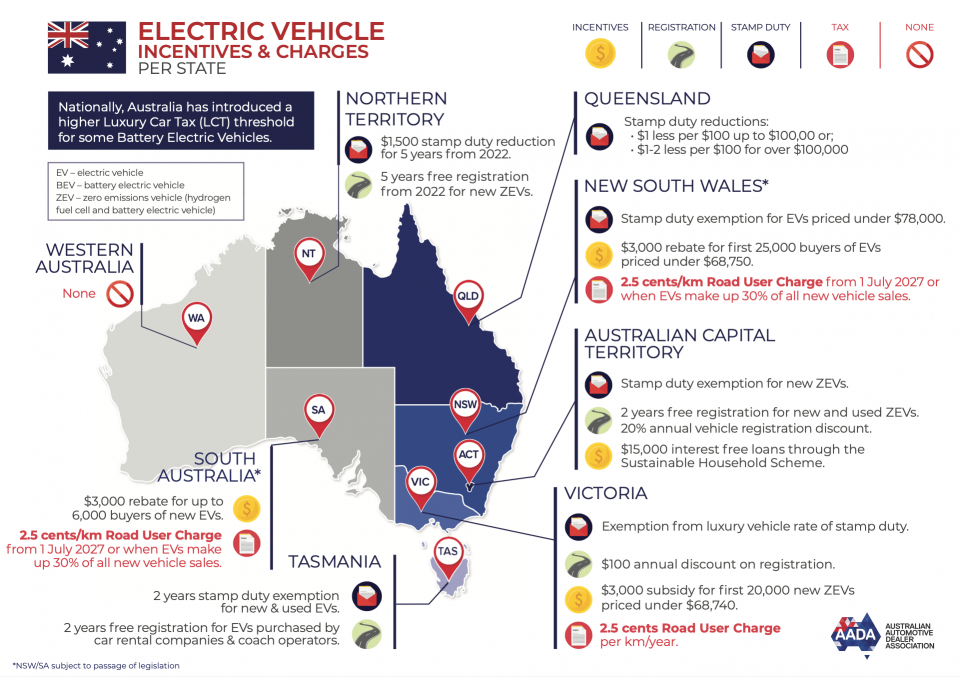
“While the announcement of NSW’s progressive policy has enabled our company to make representations to its factories for EV prioritisation, we are impeded by Victoria’s ill-considered and haphazard approach.
“Victoria is taxing EVs while these comprise less than one per cent of new vehicle sales. It has ensured that cutting edge plug-in hybrid electric vehicles are doubly taxed by the road user charge and the fuel excise. Old tech hybrids that run on highly sulphurous 91 RON petrol escape this double levy.
“In polar contrast to Victoria, NSW has engaged with stakeholders and experts to facilitate the uptake of EVs. The Government has said that it will not implement an EV specific road user charge until these vehicles comprise 30 per cent of sales. It will remove stamp duty. It is intent on making EV ownership easier.
MORE: Australia’s dirty fuel – and when it’ll get cleaner
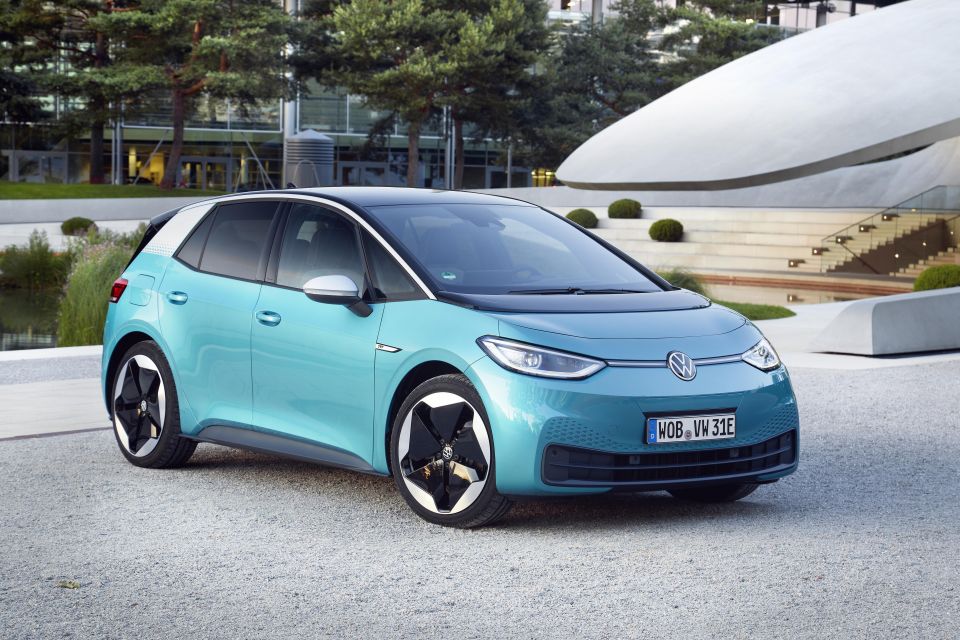
“Only now has Victoria appointed a panel to consult industry. It need only set aside provincial rivalry and look north of the Murray River for its example. As it stands, an EV or PHEV owner in Albury would be exempted from a road user charge, while their neighbours in Wodonga on the south bank are taxed for choosing a zero or low emissions vehicle.”
Volkswagen Australia says it has been unable to secure supply of the ID.3 and ID.4 electric cars and the Skoda Enyaq iV from Europe, partly due to Australia’s low EV sales. As it stands, it sits well behind the likes of Tesla, Nissan, MG and Hyundai.
In Victoria’s defence, it offsets the self-reported road-user charge on ZEVs with a $3000 rebate and has pledged to turn over its public servant fleet, though PHEVs cop the double-whammy of a user tax without rebates or tax waivers.
Nevertheless, NSW proposal also offers rebates and more while postponing the introduction of a road-user levy until EVs have achieved some scale.
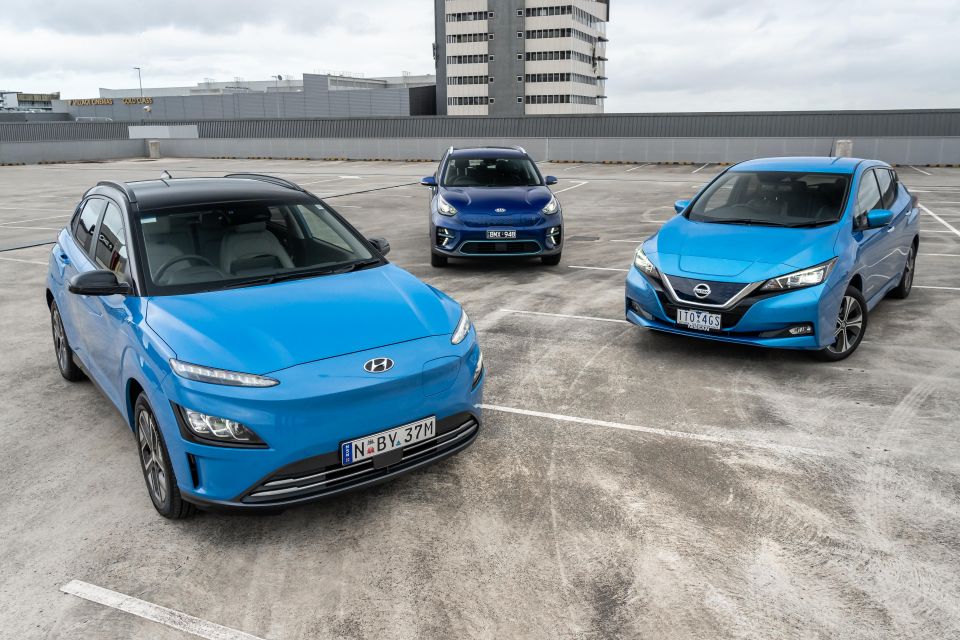
Swimming in similar waters, the EV Council “ is calling on the federal government to urgently introduce policies to accelerate the nation’s transition to zero-exhaust vehicles”.
Australia’s government must deepen its CO2 cuts by 2030 if it’s to meet the goal set on Tuesday for nations attending a UN climate summit. Transport is reportedly the third largest source of Australia’s total carbon emissions, meaning “a rapid shift to EVs will be necessary to drive the change required”.
“Australia is among the few developed countries on earth where it makes no difference to car makers whether they sell a dirty, high-emission car or a zero-exhaust alternative. As a result we’re now a global dumping ground for high-exhaust vehicles that can’t be shifted elsewhere,” alleged the EV Council’s chief Behyad Jafari.
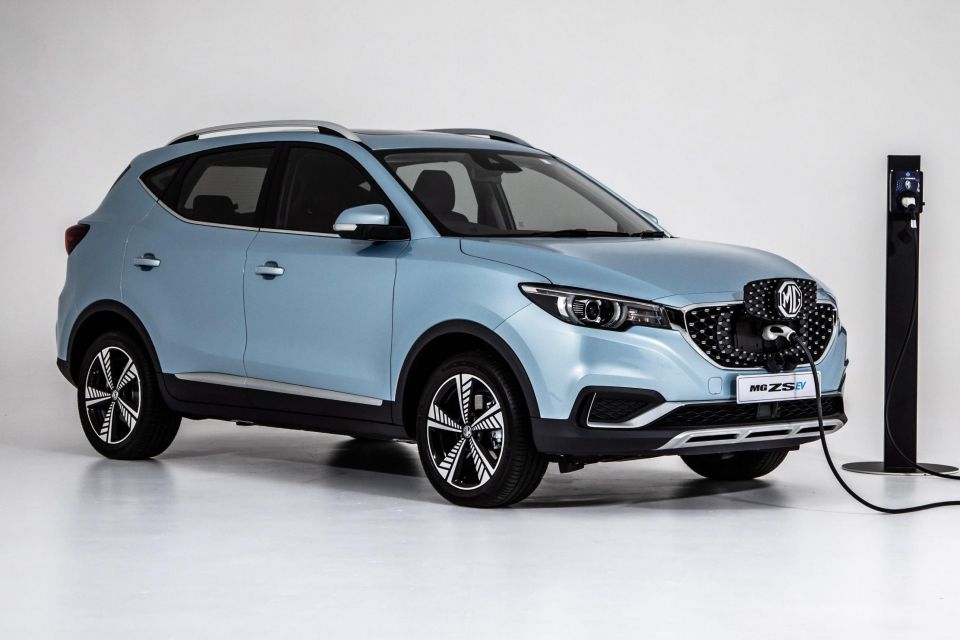
“The next obvious change would be to offer clear incentives to consumers to select an EV instead of a carbon-emitting alternative. There’s a range of ways the government could approach this, from direct subsidies, to cashback schemes, to tax reduction.
“The federal government could also do much to encourage uptake by boosting the roll out of public charging infrastructure and introducing policies to ensure charging options are available in every home.
“If the federal government changes course and gets behind EVs now, we won’t just drive down emissions, we’ll encourage huge investment in our EV sector. There is no reason Australia cannot be an important part of the EV global supply chain, but we need a strong local market to spur that investment on.”
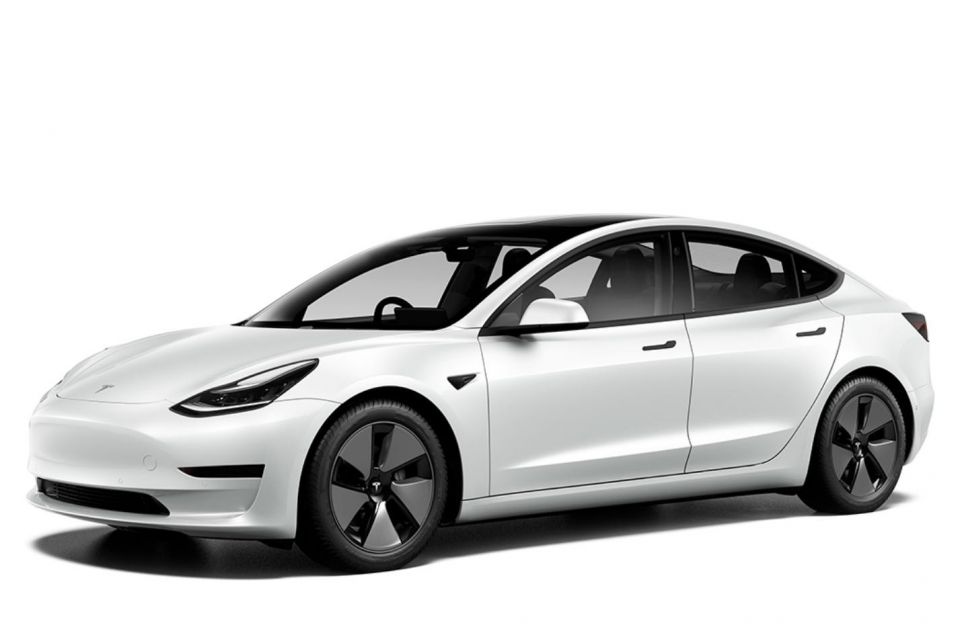
Regardless, sales of electric and plug-in hybrid vehicles surged in Australia over the first half of 2021. Their combined market share about doubled compared with last year’s tally.
7248 electric vehicles (EV) were sold in Australia between January and June, according to the latest Electric Vehicle Council market report, in addition to 1440 plug-in hybrids (PHEV).
This combined 8688 sales equalled 1.57 per cent market share, up from 0.78 per cent share in 2020. Strip out light commercials and it’s 2.0 per cent. More EVs were sold in the first half of 2021 than all of 2020.
MORE: Australian electric vehicle launch calendar
Below you will find a list of useful information regarding everything you need to know about electric car policies.
MORE: Australia-wide EV policy needed to avoid ‘chaos’, says FCAI MORE: NSW electric-vehicle stimulus package MORE: Victoria commits to electric car subsidies, 2030 sales target MORE: Victoria’s ‘worst EV policy in the world’ slammed MORE: Northern Territory commits to electric car incentives MORE: Australian industry keeps calling for new government CO2 targets MORE: ACT moving public-servant fleet to EVs, will slash running costs MORE: How Australia’s federal opposition proposes to slash EV prices
Where expert car reviews meet expert car buying – CarExpert gives you trusted advice, personalised service and real savings on your next new car.


Josh Nevett
4 Days Ago
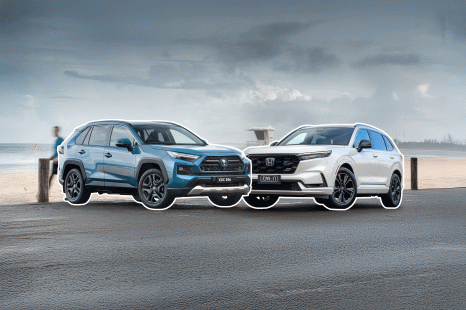

Andrew Maclean
4 Days Ago
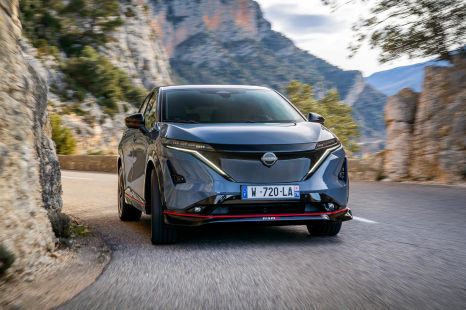

Shane O'Donoghue
3 Days Ago
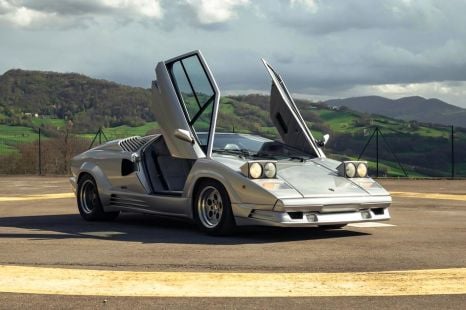

Anthony Crawford
2 Days Ago
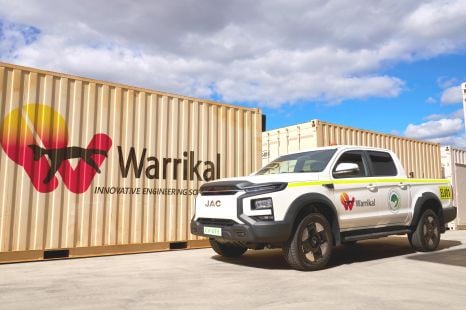

William Stopford
2 Days Ago


Matt Campbell
1 Day Ago